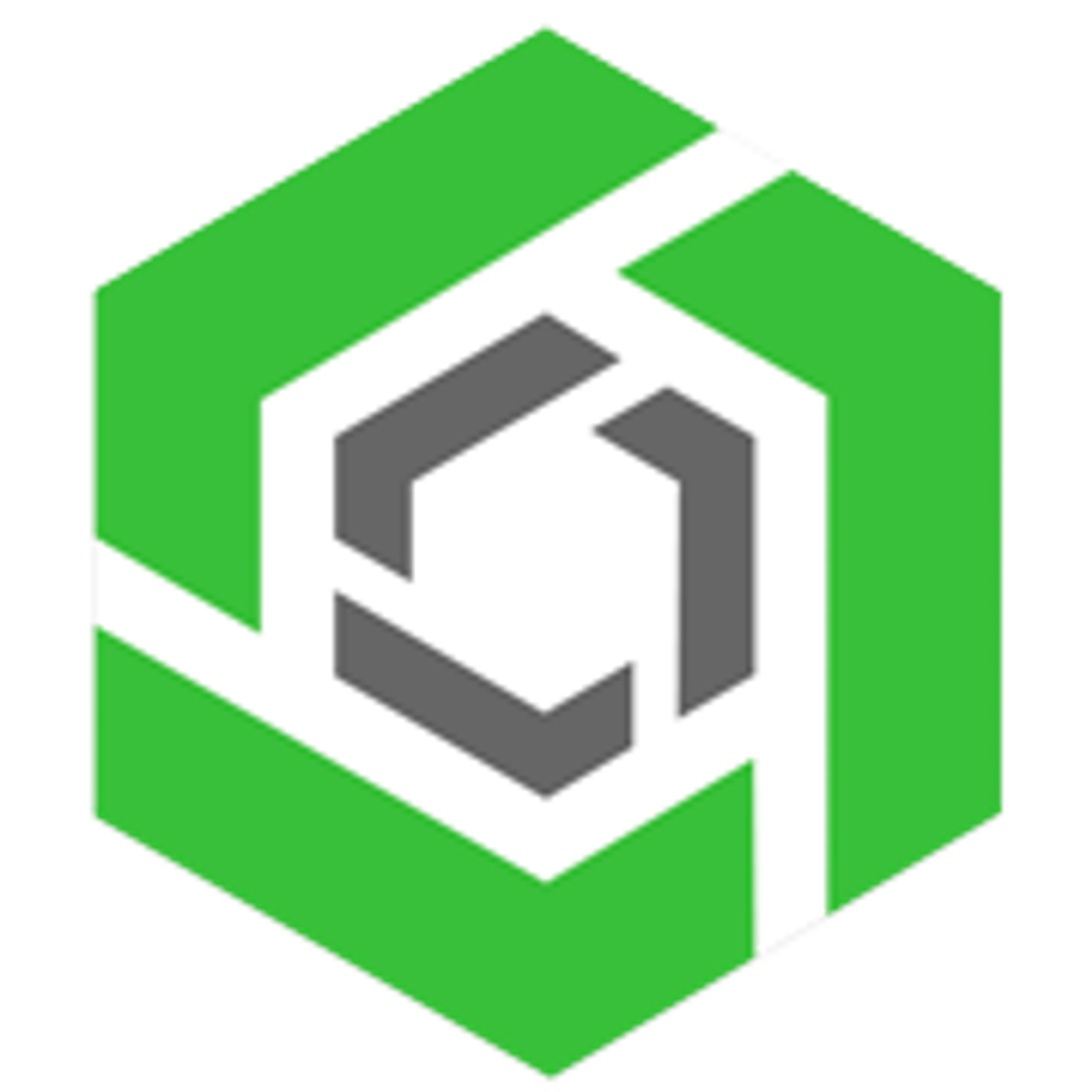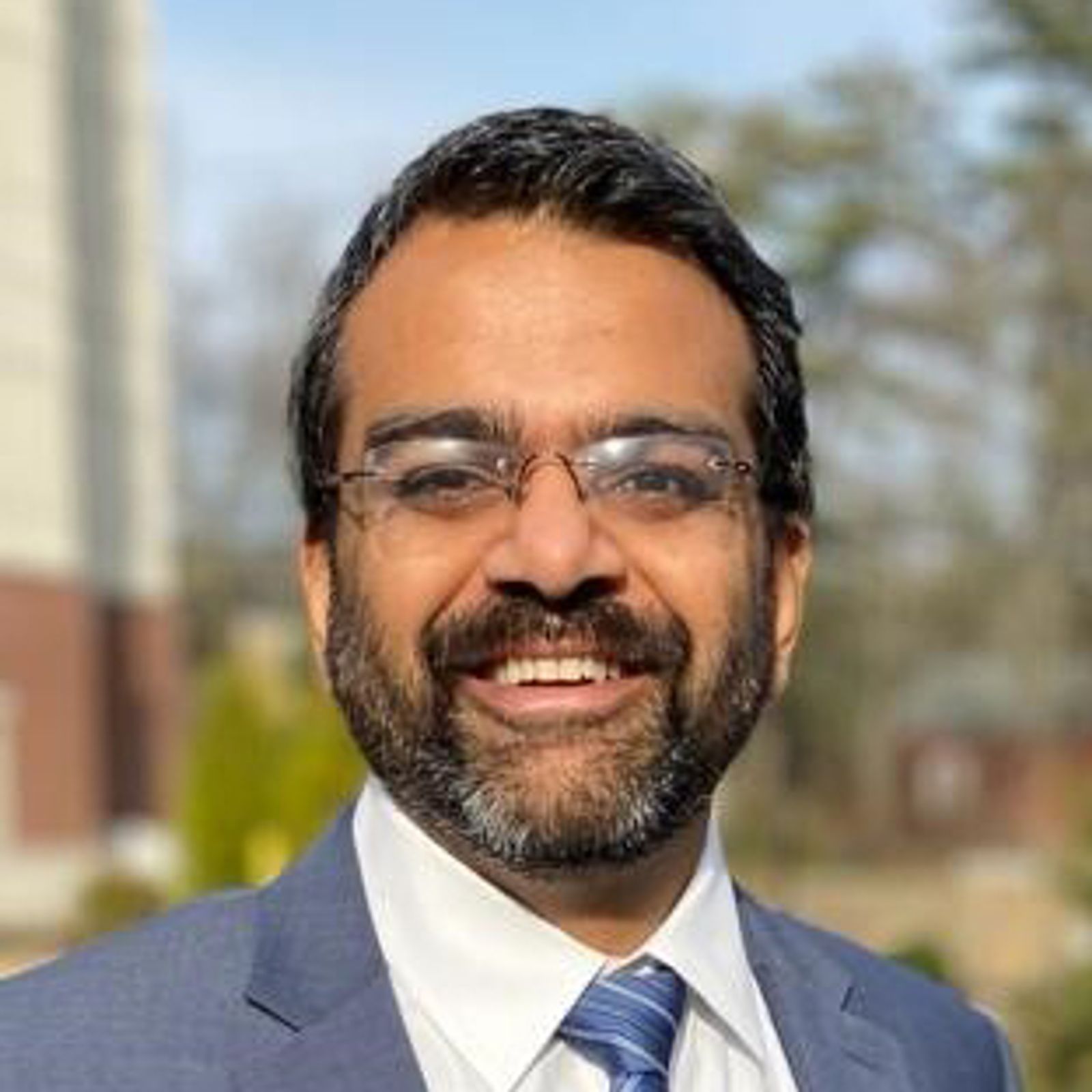
08:17
Entering the workforce is already intimidating. Submitting a mechanical engineering portfolio for a job can be even more intimidating.
Don't worry, we got you covered with some great tips to help you land your dream job.
In a conversation with experienced engineers at Google, Garrett Advancing Motion, and Orbit Fab, we gained valuable insights into what mechanical engineering executives are looking for in entry-level positions. The advice is more relevant than ever, especially considering current industry trends.
Here is a brief summary of some of the important things that we learned from these conversations.
Current State of Mechanical Engineering Careers
The mechanical engineering field is experiencing significant growth and opportunity. The job outlook for mechanical engineers is projected to grow 9% from 2024 to 2034, with about 26,500 openings projected over the decade, according to the U.S. Bureau of Labor Statistics.
However, this growth comes with challenges.
A December 2024 Machine Design survey found that 68.67% of firms reported difficulty in finding qualified candidates to fill open positions, with mechanical design (62.75%) at the top of the list of specialties for which firms were struggling to find qualified candidates. This talent shortage represents an opportunity for well-prepared engineering graduates.
What Skills are Employers Looking for in Entry-Level Mechanical Engineers?
Staff Mechanical Engineer at Google, Mark Yerdon, emphasizes that the most important skill is the ability to collaborate with other people. With modern CAD software that enables real-time collaboration, students should understand how to work effectively in teams since all engineering projects require teamwork.
Principal Engineer at Orbit Fab, Arul Suresh, also notes that traditional technology and design processes should never be completely ignored. Companies still want to see that you can build products from scratch without relying entirely on automated tools.
“We want to see that you've gotten your hands dirty and built something in your field,” Suresh said. “On your portfolio, you can include photos, links, and provide a cohesive picture as to what you made.”
Additionally, the ability to learn continuously is crucial. As one respondent in the Machine Design Salary & Career Survey noted, “As system designs become more complicated, you must keep up with modern advancements by staying current in training and trends in your industry that make you more valuable.”
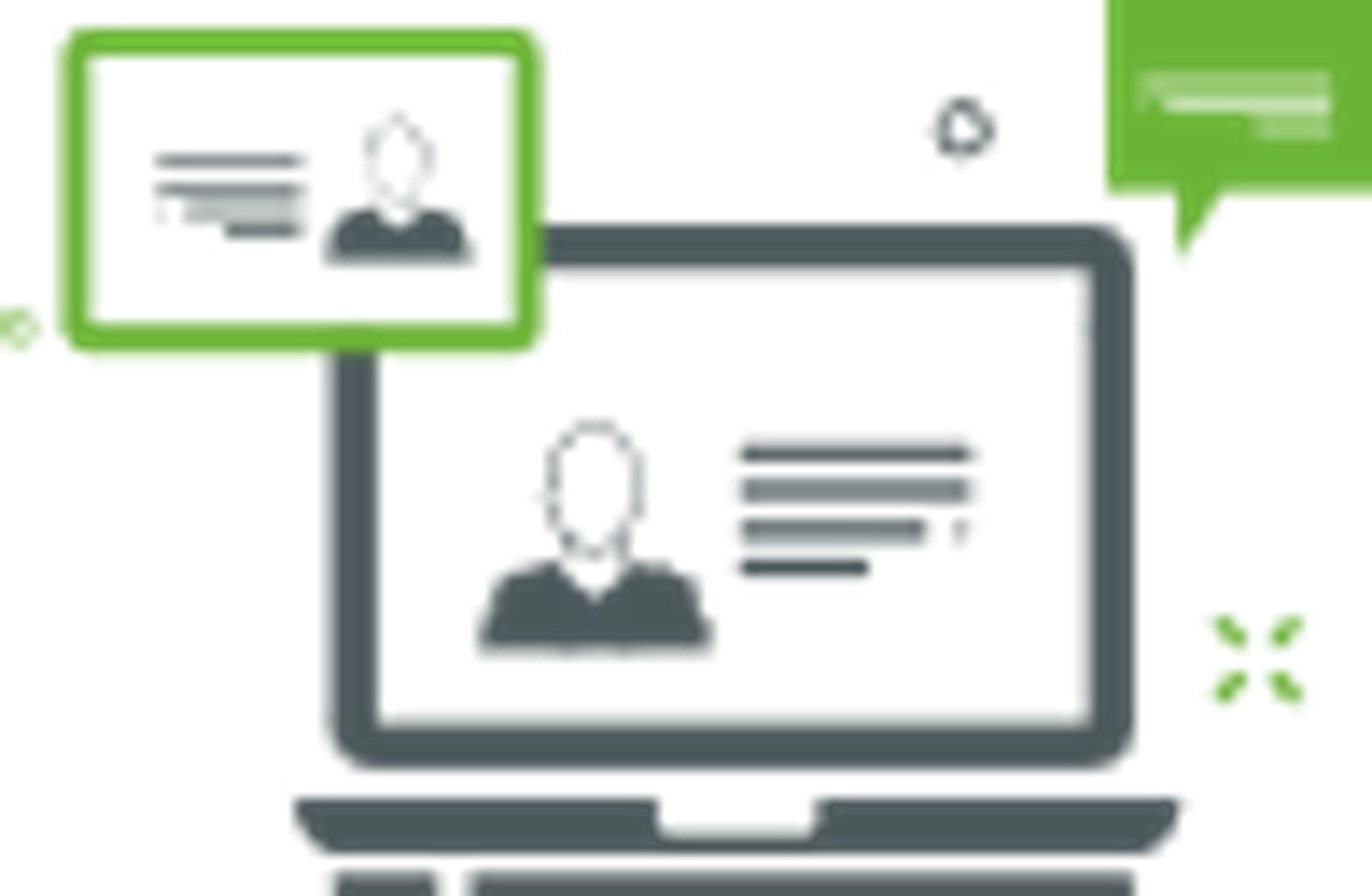
What Should You Show on Your Mechanical Engineering Portfolio?
Adding photos and links is the first step in making a great portfolio that showcases your creativity as a mechanical engineer. Next, you should make sure that you are actually showing the work that you contributed to the project.
Suresh commented on how the academic “we” is useful in writing reports for school, but it is not the best format for portfolio writing.
“We want to see what work YOU worked on. We all know that engineering is done in teams, so we want to see what you specifically did,” he said.
For school projects, it’s probably easy to write about what work you did, but if you had an internship or a project where you worked with confidential or IP-sensitive information, you might not know what you can share.
However, Yerdon came up with an easy and obvious way to figure out what you can put on your portfolio.
“Draw information from online because you know that if it's already out there, then you won't be impeding on your NDA,” Yerdon said. “It's also OK to say that you signed an NDA with this project and just talk about it as much as you can.”
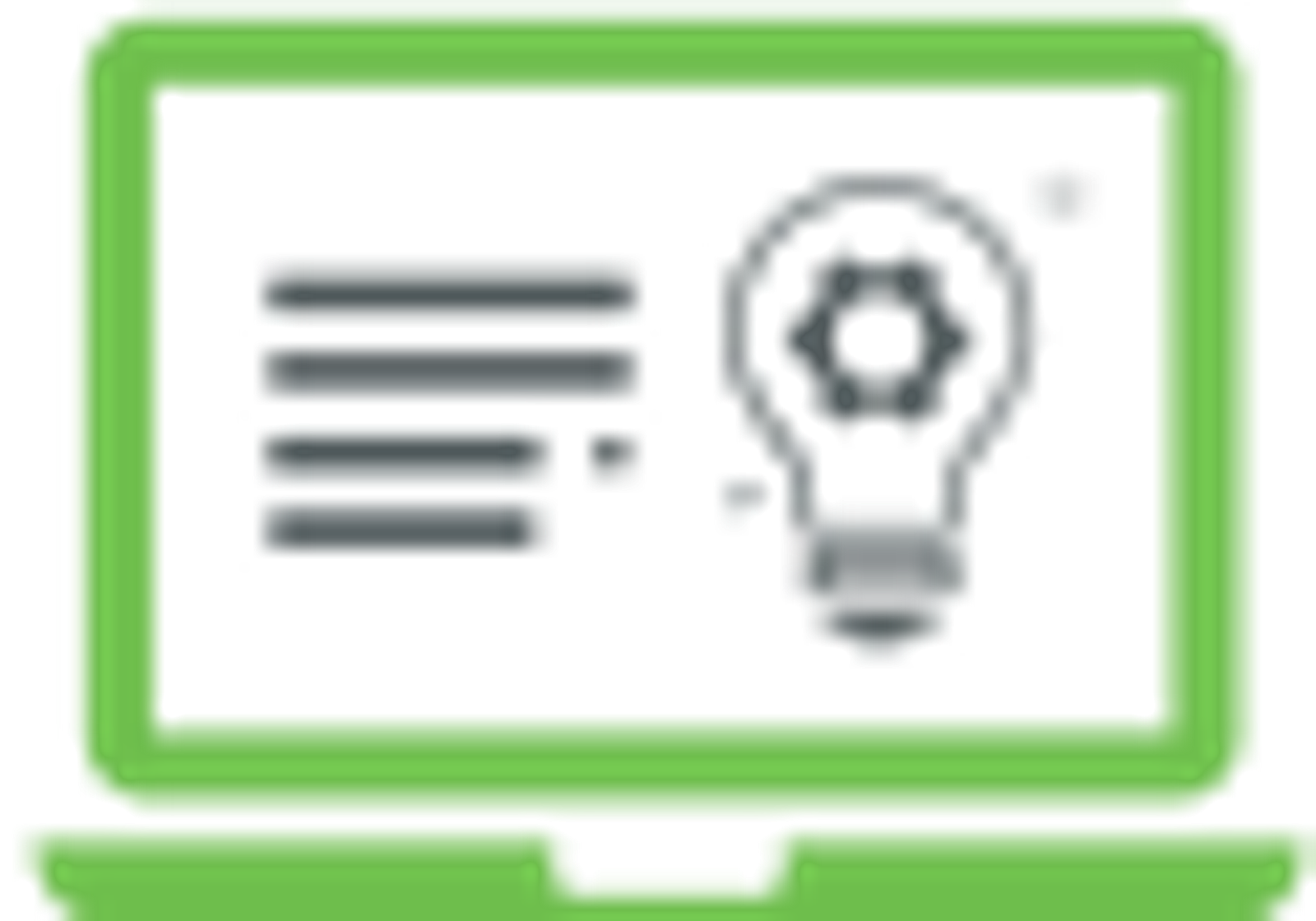
Building Your Portfolio with Modern Tools
Today’s engineers have access to powerful cloud-based design tools that can enhance portfolio presentation. Collaborative CAD platforms allow you to create interactive, shareable portfolios that potential employers can view from any device. This approach also demonstrates your familiarity with modern engineering workflows that prioritize collaboration and accessibility.
READ: Onshape App Store Tool Creates Interactive CAD Model Showrooms
Consider showcasing projects that demonstrate your ability to work with others remotely and manage design iterations effectively. As Blake Hodgson, a designer who uses modern CAD tools for client work, noted: “Being able to instantly share my model and having clients being able to pull it up on their iPads or phones and give me immediate feedback has been really valuable.”
How Do You Prepare for an Engineering Interview?
The most important task to focus on when preparing for an interview is to research the company. Yerdon said that you should first figure out what the company’s focus is and fully understand it.
A former senior engineer at Garrett Advancing Motion Silvia Famania had a two-hour-long interview with Garrett when she applied. She was worried that the job was out of her skill set since she had only worked as a level one Design Engineer previously.
However, she took the time to study for the interview and learn about the job and the company as much as she could.
“If you think that you don’t know enough about a topic, study it,” she said. “Don't just think ‘I don’t know it’ because you will automatically close off an opportunity. If you know you have an area of improvement, work on it.”
After Famania’s interview, she felt great about her skills and credibility for the job thanks to her studying. Now after 4 years at Garrett, moving from design engineer II to senior engineer, she’s a senior mechanical design engineer at Greenlyte Carbon Technologies.
Leveraging Learning Resources
Take advantage of comprehensive online training resources to build your skills before interviews. Many platforms offer live webinars, how-to videos, and tutorials that can help you quickly get up to speed on new technologies or methodologies. Online forums and communities can also provide valuable insights and answers to specific technical questions.

What’s the Best Career Advice for Someone Beginning their Engineering Path?
To conclude, the three engineers each provided essential advice for launching your engineering career.
Yerdon, who worked at NASA before working at Google, said, “Be a sponge. Absorb as much information as you can from as many people as you can. Ask a lot of questions and learn.”
Suresh provided similar advice with his own perspective: “Assume you don’t know anything. As you get close to graduating, there’s a tendency to assume that you know more than everyone else. That isn’t true! When you don’t know something, ask questions.”
Famania tied it all together: “A manager once told me that they would rather hire someone that is willing to learn and keep learning and improving themselves than someone with every single skill.”

How to Fast-Track Your Career Growth
Beyond technical skills, successful engineers understand their role in the broader business context. Engineers often serve as bridges between design, manufacturing, sales, and operations. They have unique opportunities to identify areas for improvement and offer solutions across multiple departments.
Focus on expanding your responsibilities rather than just seeking title changes. When colleagues ask for help, make yourself available and be transparent about your learning needs.
Focus on expanding your responsibilities rather than just seeking title changes. When colleagues ask for help, make yourself available and be transparent about your learning needs.
As John McEleney, a co-founder of Onshape, advises: “Ask how you can expand your current role and responsibilities at your company. Keep raising your hand to learn new skills and take on new challenges. Focus on those more than your job title, and the promotions will follow.”
Integrity is also crucial. As Dave Wajsgras, former Raytheon executive, emphasizes: Don’t try to fake expertise outside your domain. It’s actually a strength to say “I don’t know” and shows self-confidence. Be thoughtful about how you communicate technical solutions and separate fact from opinion.
Build Your Skills With Onshape
The advice from industry leaders is clear: Focus on continuous learning and modern collaboration skills. One practical way to develop these capabilities is through Onshape, a professional cloud-native CAD and PDM platform used by engineers worldwide.
As the only truly cloud-native CAD system, Onshape helps you build the collaborative workflows that today’s engineering teams demand. The platform offers several ways to accelerate your career development:
- Free Learning Center with online courses, instructional videos, and hands-on exercises
- Professional certifications to validate your CAD skills for employers
- Networking events to connect with engineering professionals and peers
- Real-world experience with modern design processes from day one
The skills you develop by using cloud-native Onshape directly translate to workplace success, giving you experience with the collaborative workflows and modern design processes that employers are actively seeking.
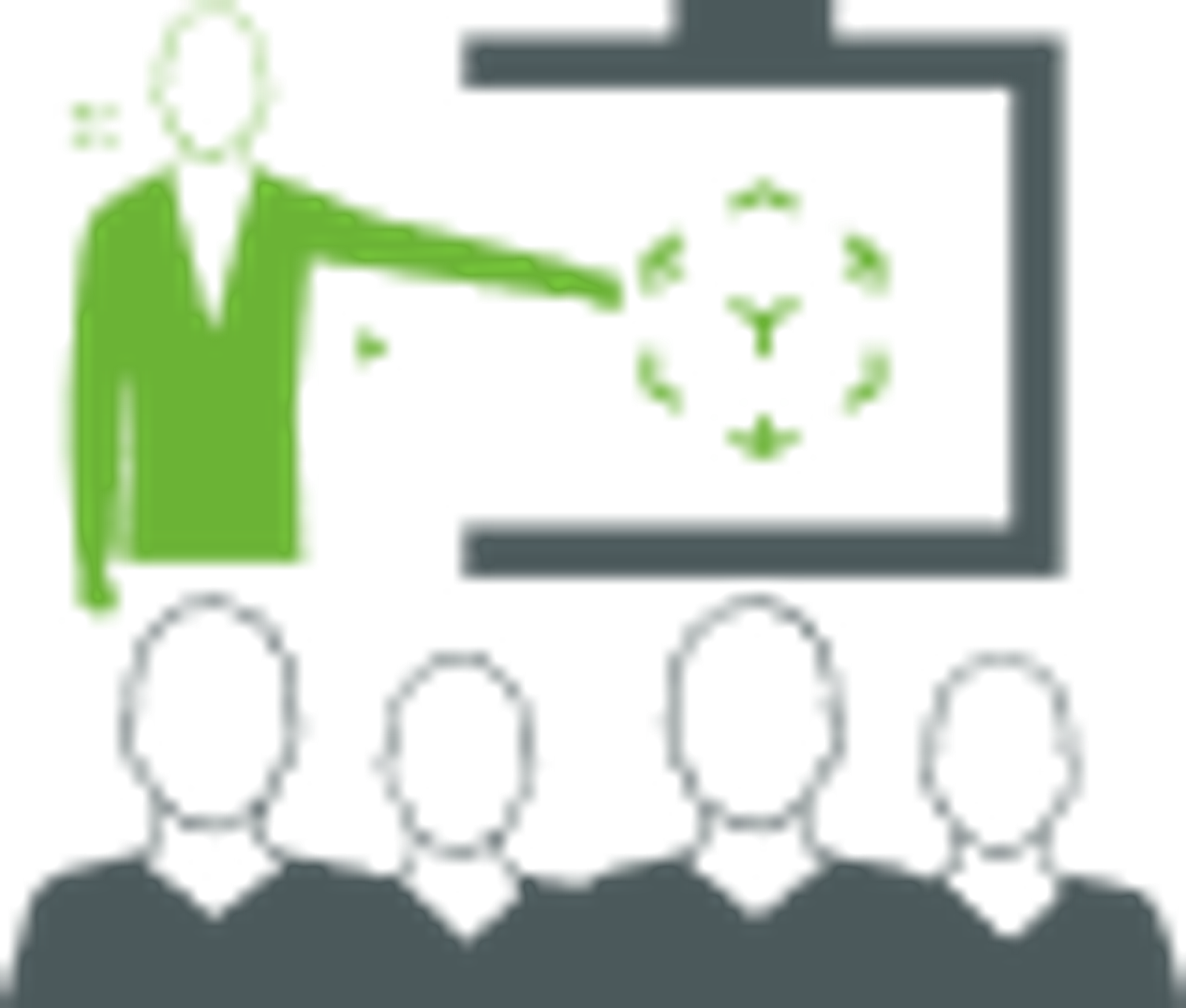
Why Engineers Love What They Do
When surveyed about whether they would recommend engineering as a career path to young people, 89.41% of engineering professionals responded positively, citing income stability, purpose, flexibility, and job satisfaction, according to the Machine Design Salary & Career Survey.
With the current talent shortage creating opportunities and the field continuing to evolve with new technologies, now is an excellent time to launch your mechanical engineering career.
Focus on building collaborative skills, creating a strong portfolio that showcases your individual contributions, and maintaining a commitment to continuous learning.
The key is to position yourself as someone who can adapt, learn, and contribute meaningfully to engineering teams while staying current with industry trends and technologies.
(Editor's note: This blog was originally published September 27, 2022, and updated September 5, 2025.)
Try Onshape Today
Head to our sign-up page to choose the right CAD plan for you and your team.
Latest Content

- Case Study
- Robotics
Saga Robotics: Powering the Future of Sustainable Farming with Cloud-Native Onshape
01.05.2026 learn more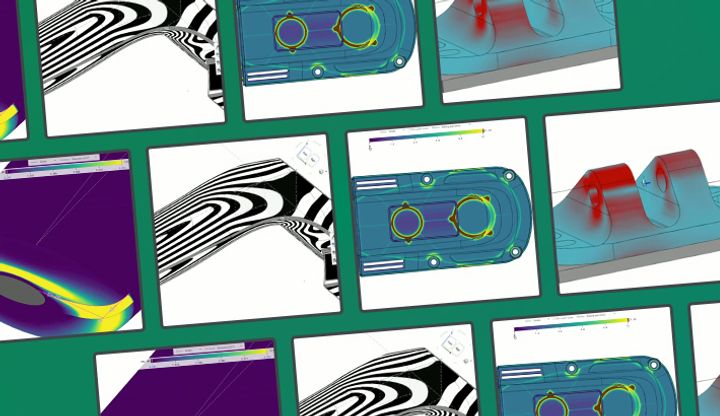
- Blog
- Evaluating Onshape
- Simulation
- Rendering
- Surfacing
- Consumer Products
Earlier Validation, Better Outcomes: Onshape’s Approach to Surface Design
02.20.2026 learn more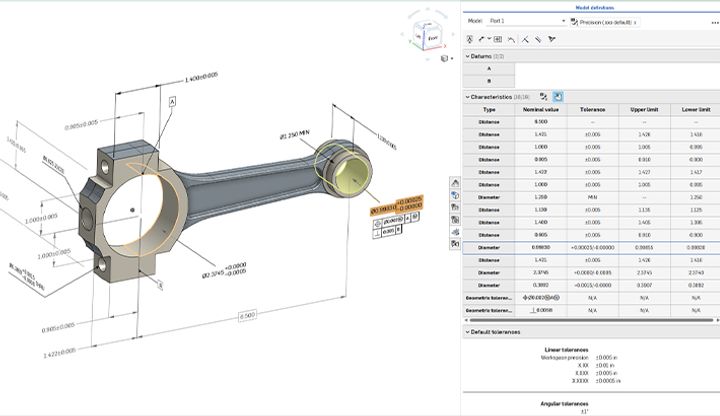
- Blog
- News from Onshape @ PTC
- Publications
- Configurations
- Data Management
Onshape MBD: Single Source of Truth from Design to Manufacturing and QA
02.23.2026 learn more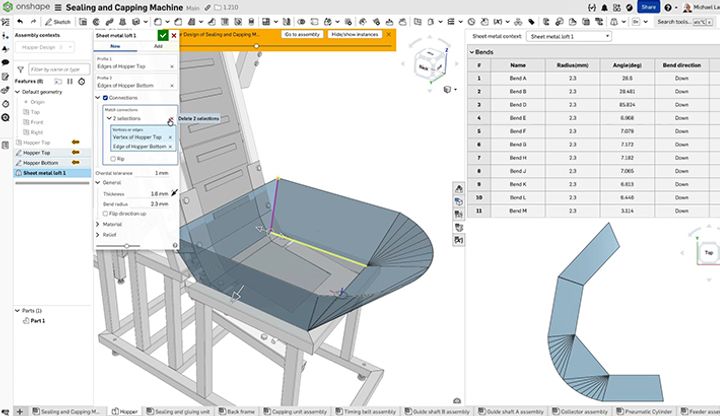
- Blog
- Becoming an Expert
- Sheet Metal
Two Views, One Model: Faster Sheet Metal Design in Onshape
02.12.2026 learn more

